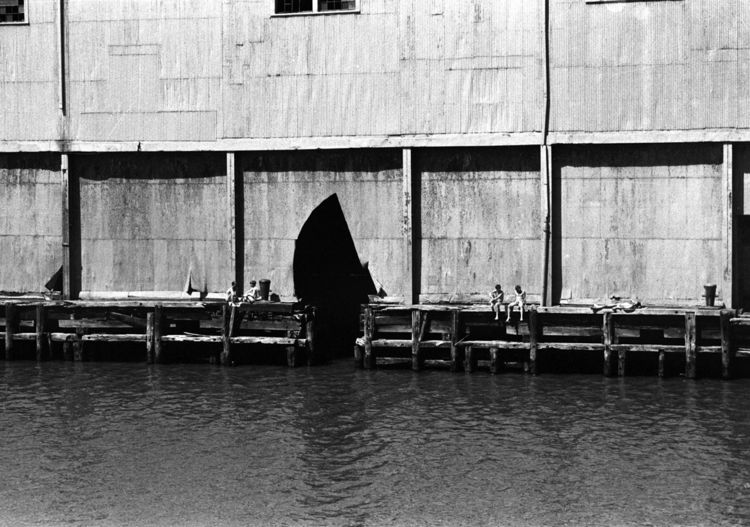Conversation
February 3, 2016, 7pm
One of the defining characteristics of Artists Space’s work is dialogue: dialogue between artists, writers, scholars, theorists and our audiences.
Artists Space Dialogues takes the simple format of a public conversation between two people. Every month renowned art historian Bettina Funcke will talk with an influential figure in the field of contemporary art and visual culture, investigating their work and thinking, their histories, trajectories, and processes.
